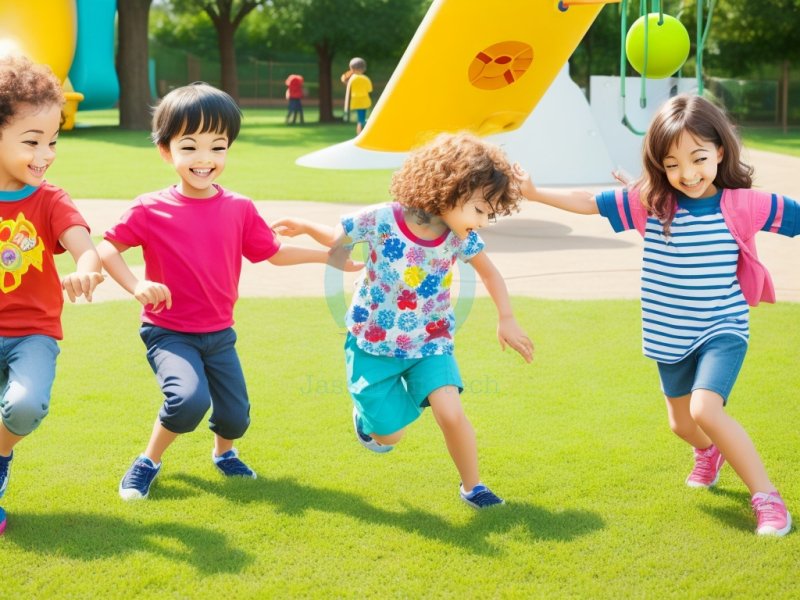
Play is not just a frivolous activity; it is an essential part of childhood development. As children engage in play, they are not merely passing the time; they are actively developing crucial cognitive and social skills that will shape their future. In this blog, we will explore the incredible power of playtime and how it contributes to enhancing children's cognitive and social abilities. So, let's dive in and uncover the magic behind play!
Playtime encourages children to explore their imagination, creating unique worlds and scenarios. Whether they're pretending to be superheroes, building fantastical structures with blocks, or engaging in imaginative role-play, these activities stimulate their creative thinking. Such imaginative play fosters the development of problem-solving skills and allows children to think outside the box as they navigate through various situations.
Play is not confined to strict rules and regulations. Children have the freedom to experiment, make choices, and change their strategies on the fly. These experiences cultivate cognitive flexibility, the ability to adapt to new situations and see things from different perspectives. Such mental agility is a valuable skill that can benefit them in various aspects of life.
Play often involves remembering rules, steps, or patterns, especially in games and puzzles. By engaging in memory-demanding activities during playtime, children naturally enhance their memory capacity. Additionally, games that require sustained focus and attention help improve their concentration skills, which are crucial for academic and daily life success.
During playtime, children interact with peers, negotiate roles, and articulate their ideas and desires. This regular communication and exchange of thoughts contribute significantly to the development of their language and communication skills. It helps them become more confident speakers and listeners, fostering effective interpersonal communication abilities.
Through play, children learn to understand the feelings and perspectives of others, thereby developing empathy. They encounter various emotional situations while playing, teaching them to manage their emotions and respond appropriately to the emotions of their playmates. As a result, playtime becomes a powerful platform for honing emotional intelligence, a vital skill for maintaining healthy relationships throughout life.
Many games and group activities involve collaboration and teamwork. Children learn to work together, share responsibilities, and respect each other's ideas and contributions. These experiences teach them valuable social skills, like compromise, conflict resolution, and the importance of collective effort to achieve common goals.
As we can see, playtime is not just a recreational pursuit for children; it is an invaluable part of their growth and development. Through play, children acquire and refine cognitive abilities such as creativity, problem-solving, and memory. Simultaneously, they build essential social skills like communication, empathy, and teamwork. As parents, caregivers, and educators, we must recognize the power of play and encourage children to engage in unstructured, imaginative, and social play experiences. By providing ample opportunities for play, we empower children to flourish into well-rounded individuals, equipped with the cognitive and social skills necessary to navigate the complexities of the world. So, let's celebrate playtime and let our children's imaginations soar to new heights!
Share This News